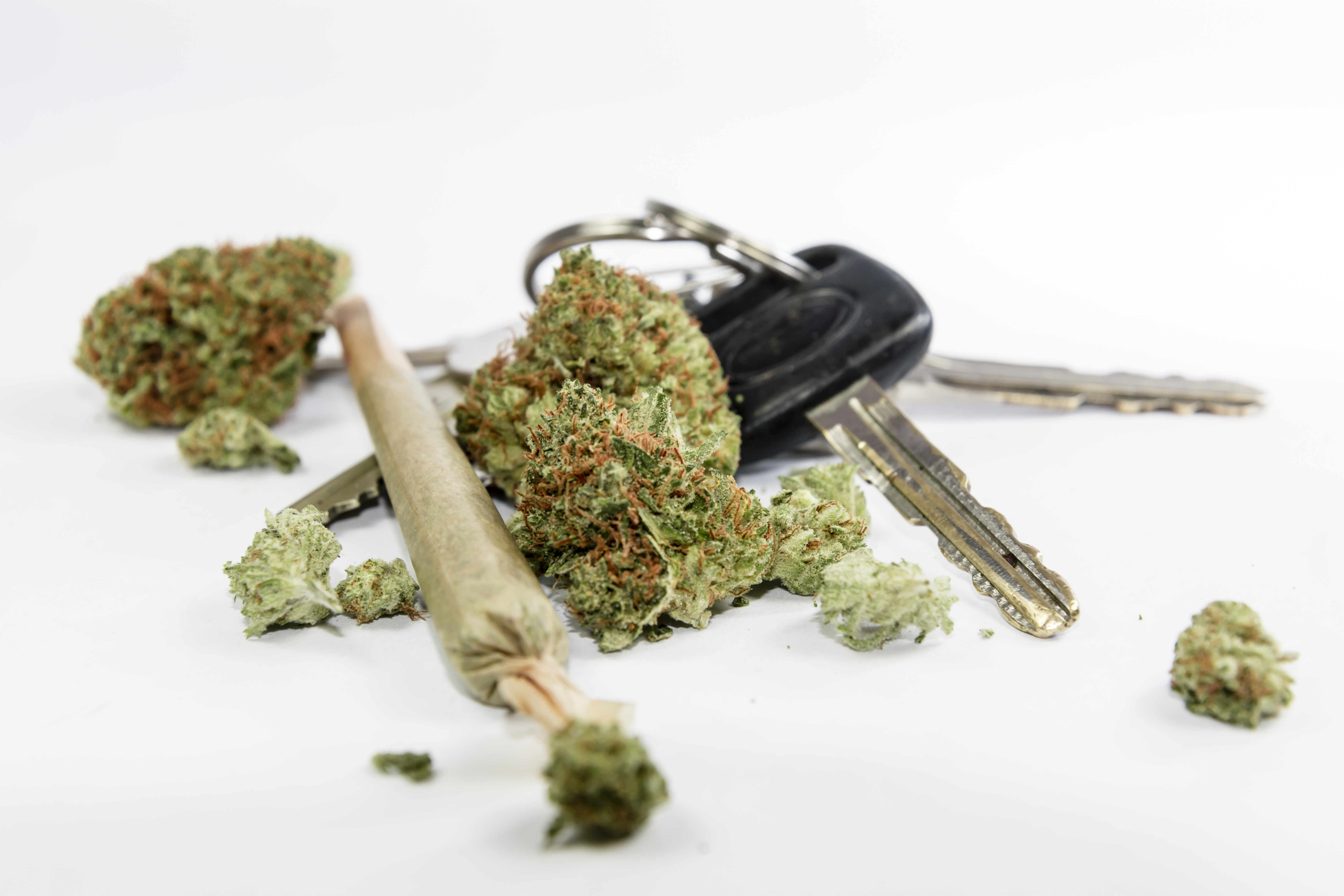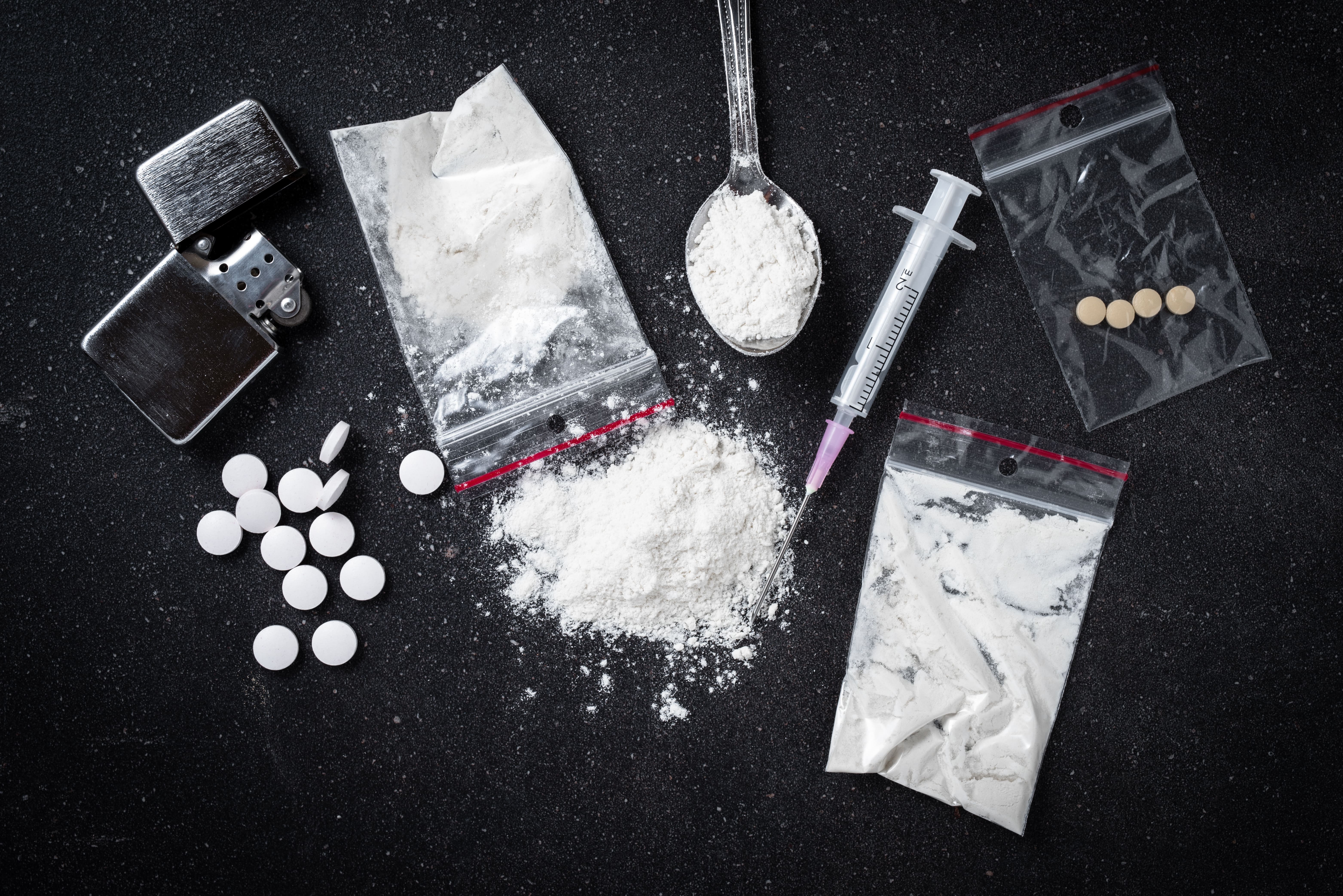Drug and driving
THE HIGH PRICE OF DRUG IMPAIRMENT

With the advent of cannabis legalization, the consequences of the drug’s recreational use may seem a bit dulled. However, we shouldn’t forget that driving with faculties impaired by a drug is a criminal offense, just as drunk driving. If tests show that your driving was in fact affected by a drug, or the drug’s concentration in your blood was too high, you could be charged according to the Criminal Code.
Driving While Impaired
Driving after taking drugs is prohibited, regardless of the concentration of said drug in your blood.
However things are slightly different when it comes to cannabis, as it has been legalized. In fact, since the legalization of cannabis, it is prohibited to drive with a certain concentration of tetrahydrocannabinol (THC) in the body. Penalties depend on the concentration found in the blood. For a THC concentration greater than or equal to 5 nanograms (ng) per millilitre of blood, the minimal penalty is $1000 for a first-time offense, 30 days in prison minimum for a repeat offender, and 120 days in prison for each subsequent offense.
For a THC concentration greater than or equal to 2 ng/ml of blood but below 5 ng/ml, the penalty is a $1000 maximum fine without prison time.
The Arrest
Before arresting you, police officers cannot only rely on theirs suspicions that you are on a drug; they must have reasonable cause to believe that you drove while your faculties were impaired by that drug. However, nothing prevents police officers from conducting certain tests that allow them to confirm these suspicions, and consequently, lawfully arresting you.

How Do They Test for the Drug?
Unlike alcohol, there still isn’t a device that can effectively determine the cannabis concentration in a person’s body. In fact, the approved detection device and the breathalyzer only allow police to quickly and reliably check a person’s blood alcohol content.
However, the only way to effectively test for a drug is to administer a blood test which is an invasive process. Therefore, police will conduct roadside sobriety tests either with movement coordination tests that allow them to evaluate a person’s ability to walk in a straight line or balance, or conducting tests that evaluate the driver’s eye movement. In July 2018, the federal government approved the first device that can detect the drug concentration in a person’s body using the driver’s saliva. Unlike the breathalyzer, this type of device’s accuracy is a lot less well-known, and it’s likely that this test will be contested in the future. Luckily, the pioneering law firm Riendeau Attorneys at Law is always on the hunt for the newest developments in cannabis law to provide you with the best legal defence possible.
Drug Driving : That’s Full of Consequences
Even if you haven’t been found guilty yet, you’ll face certain immediate consequences after your arrest. Your license will be suspended by the police immediately for up to 90 days. You will also have to take a test at the Société de l’assurance automobile du Québec (Quebec Car Insurance Company) to assess if you’re a risk to others on Quebec’s roads.
If you’re found guilty of this offense, the consequences are serious, including having a criminal record, a driving ban, and a fine. It’s important to note that this offense is punishable by imprisonment if it’s a second or subsequent conviction. The consequences can also be more severe if you caused an accident, injured someone, or caused someone’s death.
The Société de l’assurance automobile du Québec also imposes a simultaneous driving ban in addition to the one that the judge imposes. Due to the gravity of the circumstances surrounding the offense committed, your license could be suspended for a longer period of time.
Your previous criminal record, police interception, arrest, and the particular circumstances surrounding the incident are all factors taken into account when determining your penalty.
Young Drivers: You Still Can Be Charged, Even if You're a Minor
Even if you’re a minor without a criminal record, you can still be found guilty of this offense and be subjected to the same consequences, specifically having this offense put on your criminal record. That’s why it’s important to work with an experienced lawyer.
Is it ok to Drive After Smoking Just One Joint?
It’s important to know that it’s possible to be found guilty of a criminal offense even if your THC levels are below the legal limit. It’s considered to be “driving while impaired”. In fact, consuming cannabis has several effects on your body. Your reaction time and alertness decrease, your perception of distances is altered, and you have bad coordination. All these effects will impair your ability to drive, and could lead to a criminal conviction. Furthermore, even a low THC level could affect your driving if it’s combined with fatigue, stress, alcohol or medications.
Intoxication While in a Parked Vehicle
In addition, you can be found equally guilty of having custody and control of your car while impaired by the drug’s effects. It could lead to the same consequences as having driving while your faculties were impaired, even though you were not driving your car. You could, for example, be found guilty of custody and control even though you were simply sleeping in your vehicle after consuming the drug.
Refusal to Comply With Police Orders
Refusing to comply with an order given by a police officer is a serious offense. If you refuse to comply with a police order, you are subject to the same minimum fines and the same prison time that you would be if you were found guilty of driving while impaired. Furthermore, your driving ban could be extended for a longer period of time.
The Riendeau Attorneys-at-Law Expertise
If you’ve been arrested for driving with impaired faculties, this doesn’t necessarily mean that you’ll be automatically found guilty. This is why it’s important to have an experienced lawyer who knows how to determine your chances of success. With Riendeau, Attorneys at Law, we handle a high volume of these types of cases each year. If you have a defense, we’ll find it. If your rights were violated during the police intervention or when you were arrested, we know how to defend your rights. Call us now!
